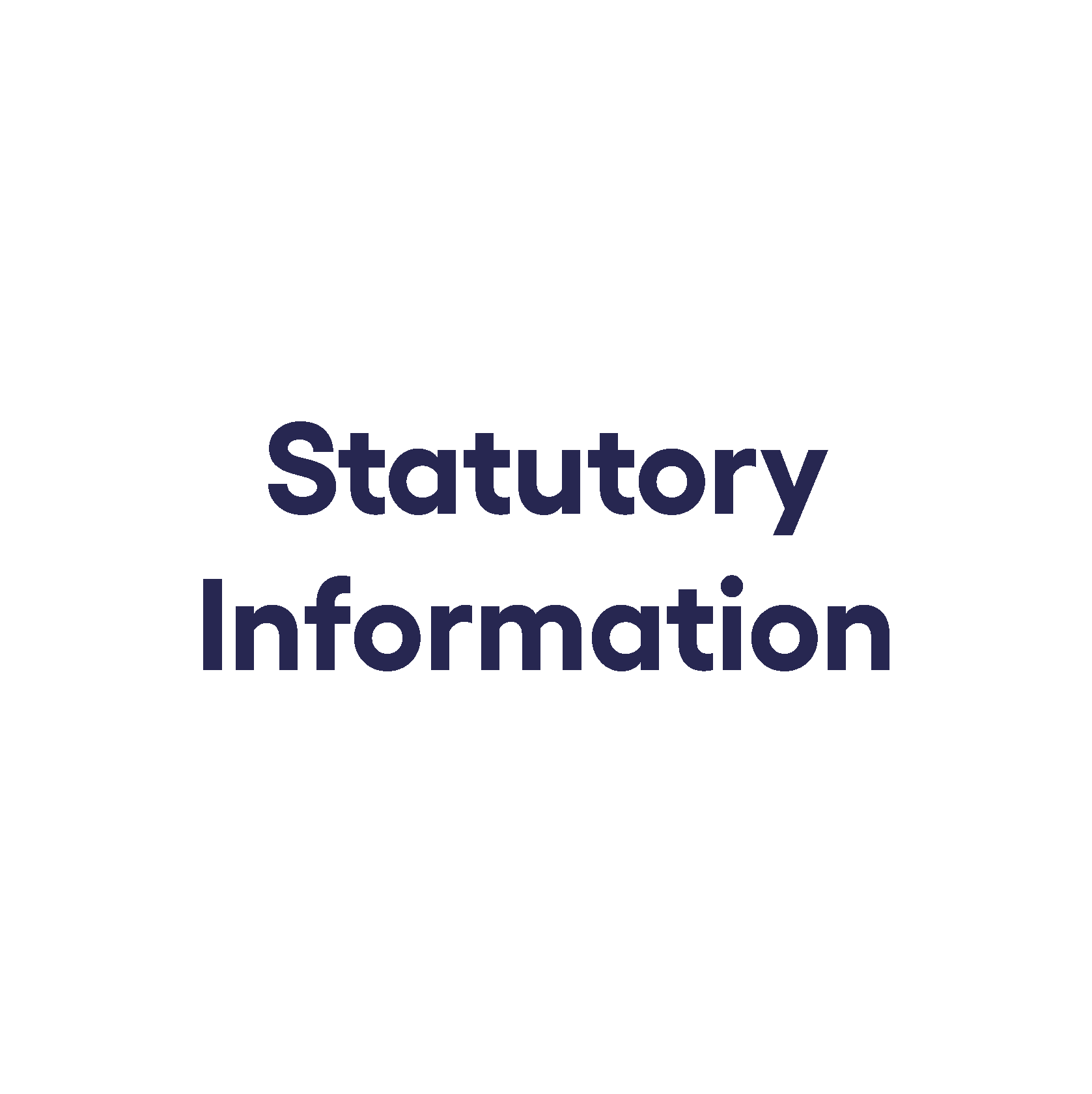| Head of Department: | Mrs V Dougherty |
| Exam Board | Edexcel |
| Qualification: | GCSE in Computer Science |
Programme of study
The Technical Award gives students the opportunity to develop sector-specific knowledge and skills in a practical learning environment. Students will learn key skills that demonstrate an aptitude in digital information technology, such as project planning, designing and creating user interfaces, creating dashboards to present and interpret data. Students will also have the opportunity to develop attitudes that are considered to be the most important in digital information technology, including personal management and communication. There is a focus on the understanding of how different user interfaces meet user needs, how organisations collect and use data to make decisions, virtual workplaces, cyber security and legal and ethical issues.
How is the course structured & assessed?
The BTEC Level 2 Tech Award in Digital Information Technology is comprised of three components.
Component 1: Exploring User Interface Design Principles and Project Planning Techniques
This unit gives students the opportunity to develop their understanding of what makes an effective user interface and how to effectively manage a project. They will use this understanding to plan, design and create a user interface. This unit is worth 30% and is internally assessed through an assignment brief supplied by Edexcel.
Component 2: Collecting, Presenting and Interpreting Data
This unit gives students an understanding of the characteristics of data and information and how they help organisations in decision making. They will use data manipulation methods to create a dashboard to present and draw conclusions from information. This unit is worth 30% and is internally assessed through an assignment brief supplied by Edexcel.
Component 3: Effective Digital Working Practices
This unit gives students the opportunity to explore how organisations use digital systems and the wider implications associated with their use. Topics studied include modern technologies, cyber security, planning and communication in digital systems.
This unit is worth 40% and is externally assessed through a written exam which last for 1 hour and 30 minutes set and marked by Edexcel.
On successful completion of a component, points are awarded depending upon the level of completion. At the end of the course, the points will be added from all units to make a combined total points score.
What can these qualifications lead to?
A GCSE in Computer Science opens up an incredible world of opportunities for work both in the technology industries and in supporting roles within other industries. IT professionals not only need technical skills and knowledge but also other characteristics such as an ability to communicate clearly with colleagues at all levels; planning and project management skills; and excellent self-motivation, decision-making and problem-solving abilities. Computer Science opens doors to diverse career paths such as games design, digital forensics, and mobile application development and into many areas of further study.







